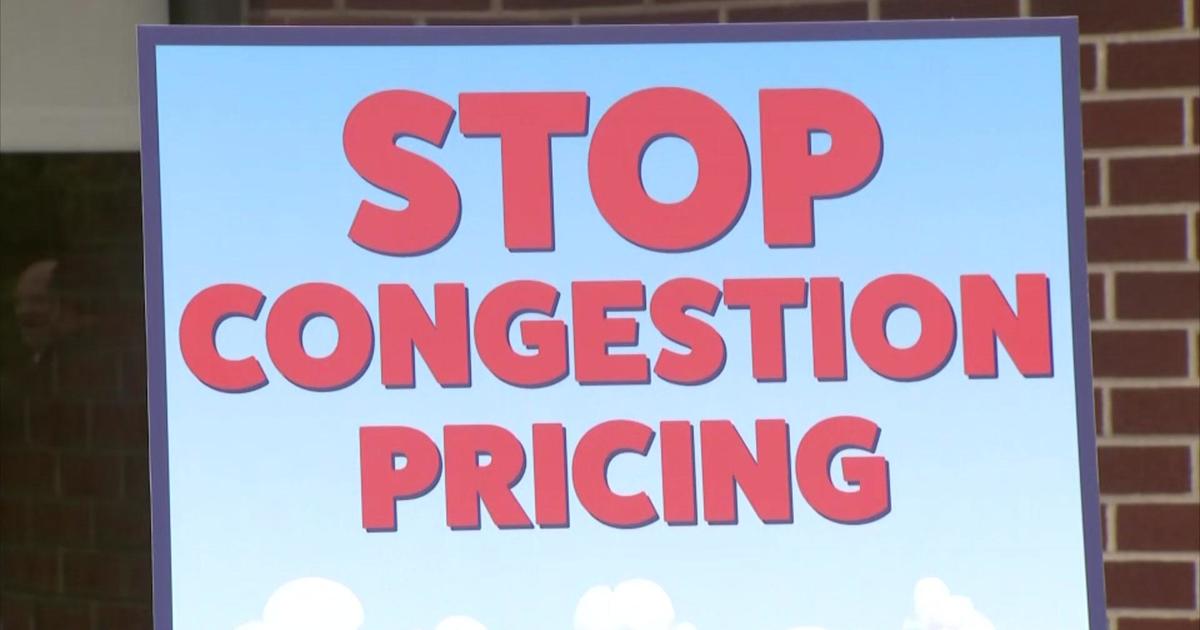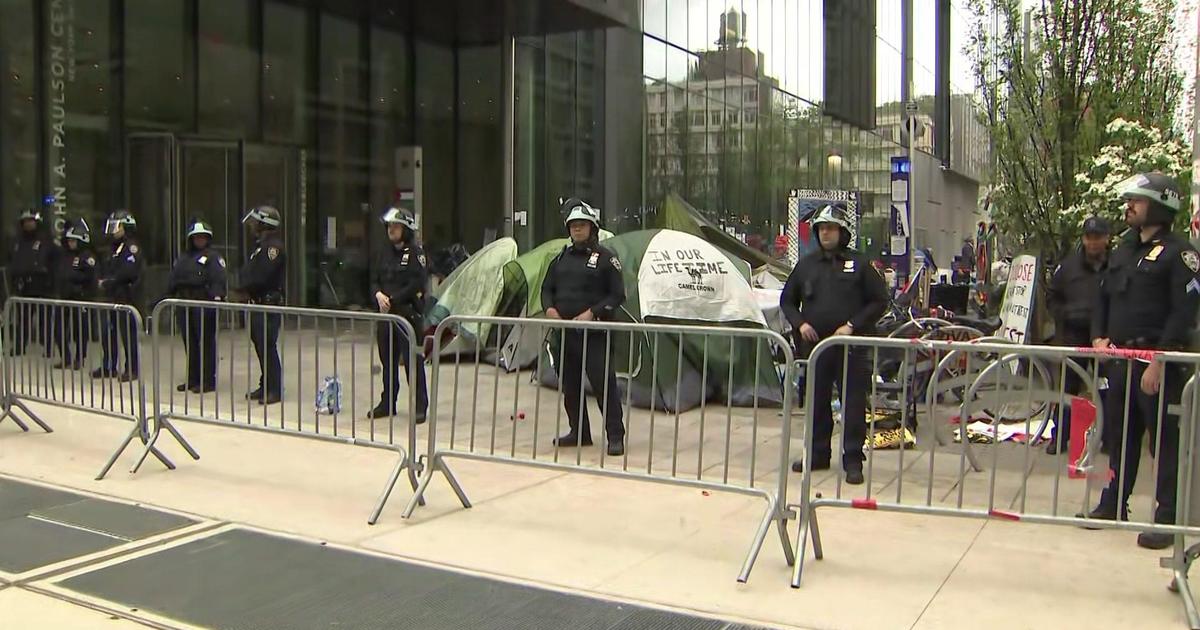New York Times investigation finds major breakdowns in New York's mental health services
NEW YORK -- A year-long investigation by The New York Times found major breakdowns in New York City's and the state's systems designed to treat people with serious mental illness.
The deep dive by the Times identified nearly 100 cases in the past decade where a person had contact with social services before the violence.
In late 2021, CBS New York looked into a pattern of several random, violent attacks involving suspects that had a history of mental illness. The suspects not getting treatment was detrimental to them and public safety.
Shoshannah Johnson's father told us he was trying to help after a Bronx judge ordered his daughter to get mental health treatment instead of jail. She was arrested for pushing a 2-year-old girl, punching a passerby in the face, and possession and sale of cocaine.
Two years later, New York Times investigative reporter Jan Ransom caught up with her.
"She did not stick with the program. She immediately left and ended up picking up another charge and was rearrested and placed on Rikers Island," said Ransom.
Johnson is one of 94 instances in the past decade where Ransom and investigative reporter Amy Julia Harris found breakdowns of the city's social safety net preceded violence.
They found Johnson had been discharged from a public hospital's psychiatric unit days before she pushed the toddler and was having a psychotic episode.
"The public hospital system, for instance, is seeing almost 50,000 psych patients per year and emergency rooms are just flooded with patients. And that's often the result of private hospitals in New York slashing psychiatric beds," said Harris.
Those beds are not profitable, Harris said.
"This started over 50 years ago when they made a disastrous decision to empty out the psychiatric facilities and send people back to the communities. But they didn't provide the appropriate support for that movement," said Bob Mascali, who was deputy commissioner of the Department of Homeless Services from 1999-2005.
The lengthy report details the lack of communication between street outreach teams, homeless shelters and hospitals. Part of that is not enough funding for outreach workers and a lack of training, according to the Times reports.
"They were understaffed, overworked, stretched thin, and so oftentimes they were struggling to keep pace with this population," said Ransom.
"We found, in the shelter system for instance, that New York City has spent all this money, more than $1 billion in recent years, to create mental health shelters. But it doesn't give the frontline workers who route people to those shelters the right tools to even identify that people have psychiatric issues," said Harris.
We contacted Gov. Kathy Hochul's office for comment, but did not hear back. Mayor Eric Adams' office referred us to Brian Stettin, the mayor's senior advisor on severe mental illness.
"Through improved coordination with our partners at the MTA + the state, investments in the continuum of care, enhanced training for first responders and clinicians, and by bringing more psychiatric beds online, more people are getting the help they need," Stettin wrote in part on X.
Stettin said he and the city's health commissioner were interviewed for the story in the Times, but didn't make the piece.




